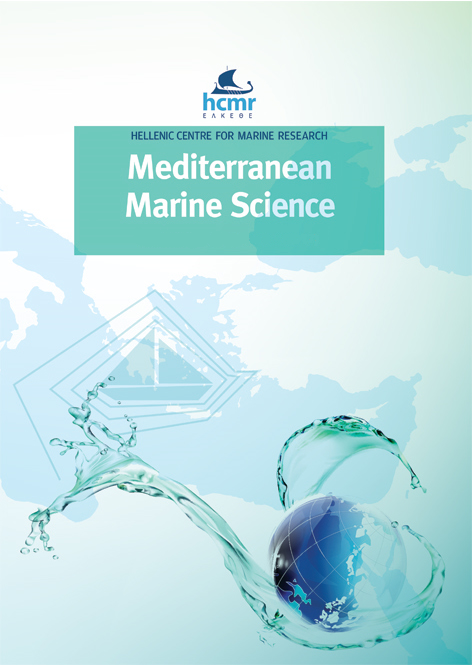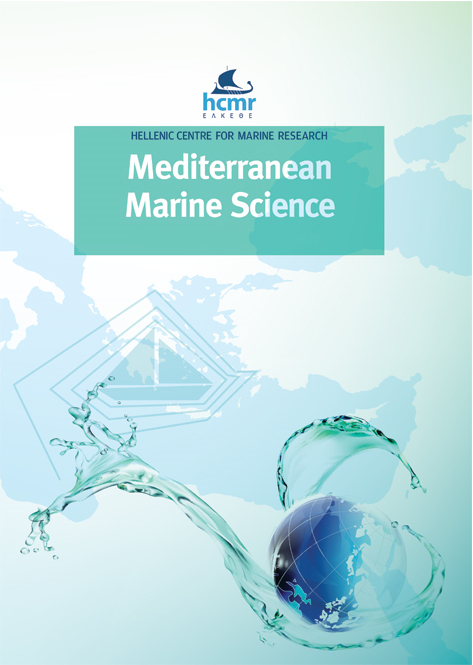Updated checklist of Marine Bivalve Molluscs of Montenegro (southeast Adriatic Sea)
Abstract
This paper presents an updated inventory of the marine bivalves of Montenegro. The checklist based on published literature and recent research includes 165 taxa. Eleven taxa are recorded for the first time in Montenegrin coastal waters. Six species are non indigenous, while one is crytogenic. Two species (Lithophaga lithophaga and Pinna nobilis) are listed in Annex IV of Habitat directive and are therefore protected fauna species in Montenegro additionally. Three species are strictly protected according to the Bern Convention (Appendix II), while four species are endangered or threatened according to the Barcelona Convention (Annex II). Pinna nobilis is considered Critically Endangered due to mass mortality. Finally, as Thyasira orahovaziana is a questionable taxon as its validity is uncertain (taxon inquirendum) it is excluded from the checklist, as well as taxa Spaniorinus reconditus which is extinct, and Mytilus edulis which occurrence in Montenegrin coastal waters is uncertain.
Article Details
- Come citare
-
GVOZDENOVIĆ, S., PERAŠ, I., & MANDIĆ, M. (2022). Updated checklist of Marine Bivalve Molluscs of Montenegro (southeast Adriatic Sea). Mediterranean Marine Science, 23(1), 213–222. https://doi.org/10.12681/mms.28692
- Fascicolo
- V. 23 N. 1 (2022)
- Sezione
- Research Article
Authors who publish with this journal agree to the following terms:
- Authors retain copyright and grant the journal right of first publication with the work simultaneously licensed under a Creative Commons Attribution Non-Commercial License that allows others to share the work with an acknowledgement of the work's authorship and initial publication in this journal.
- Authors are able to enter into separate, additional contractual arrangements for the non-exclusive distribution of the journal's published version of the work (e.g. post it to an institutional repository or publish it in a book), with an acknowledgement of its initial publication in this journal.
- Authors are permitted and encouraged to post their work online (preferably in institutional repositories or on their website) prior to and during the submission process, as it can lead to productive exchanges, as well as earlier and greater citation of published work (See The Effect of Open Access).






